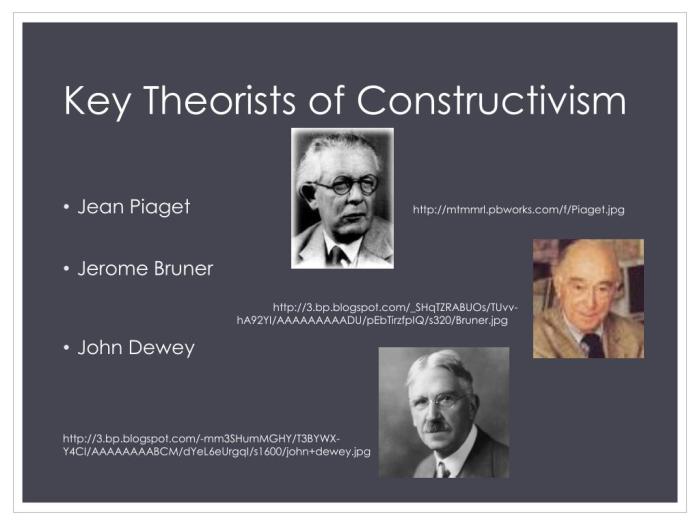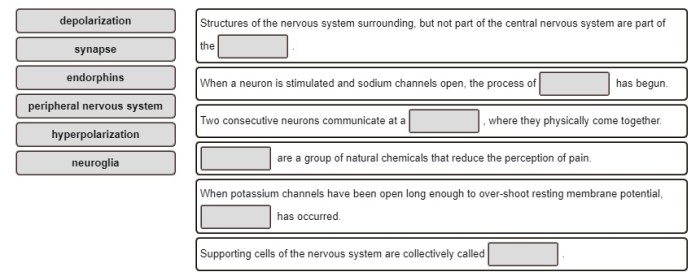Constructivist philosophers assert that knowledge is not passively received from the world but rather actively constructed by the mind. This view of knowledge has profound implications for education, as it suggests that students should be actively engaged in the learning process and that teachers should facilitate this process by providing opportunities for students to construct their own understanding.
Constructivist epistemology is based on the idea that knowledge is not a mirror of reality but rather a product of our interactions with the world. Our experiences shape our understanding of the world, and our understanding of the world, in turn, shapes our experiences.
This process of interaction and construction is ongoing, and our knowledge is constantly evolving as we learn new things.
Constructivist Epistemology

Constructivist epistemology posits that knowledge is not passively received but rather actively constructed through our experiences and interactions with the world.
Experience and interaction play crucial roles in knowledge construction, as individuals make sense of their experiences by organizing and interpreting them through their existing cognitive structures.
Knowledge as a Social Construct
Constructivists argue that knowledge is shaped by social and cultural factors.
- Our social interactions influence our beliefs and understandings.
- “Inter-subjectivity” refers to the shared understanding of knowledge within a community.
Implications for Education
Constructivist principles have influenced educational practices, emphasizing active learning and student-centered approaches.
Active learning encourages students to engage with the material, construct their own understanding, and collaborate with others.
Key Constructivist Philosophers
- Jean Piaget: Studied cognitive development, proposing that children actively construct their understanding of the world through schemas.
- Lev Vygotsky: Emphasized the role of social interaction in cognitive development, coining the term “zone of proximal development.”
Criticisms of Constructivism, Constructivist philosophers assert that knowledge
- Some argue that constructivism overemphasizes the individual’s role and neglects the influence of external factors.
- Others question the validity of knowledge constructed solely through individual experiences.
Question & Answer Hub: Constructivist Philosophers Assert That Knowledge
What is constructivism?
Constructivism is a theory of knowledge that emphasizes the role of the learner in constructing knowledge. Constructivists believe that knowledge is not passively received from the world but rather actively constructed by the mind.
How does constructivism differ from traditional views of learning?
Traditional views of learning see the learner as a passive recipient of knowledge. Constructivism, on the other hand, sees the learner as an active participant in the learning process. Constructivists believe that learners construct their own understanding of the world through their experiences and interactions with others.
What are the implications of constructivism for education?
The implications of constructivism for education are significant. Constructivist educators believe that students learn best when they are actively engaged in the learning process and when they are given opportunities to construct their own understanding. This means that constructivist educators focus on creating learning environments that are student-centered and that provide opportunities for students to explore, experiment, and collaborate.






